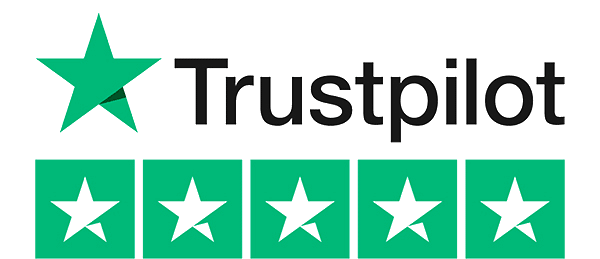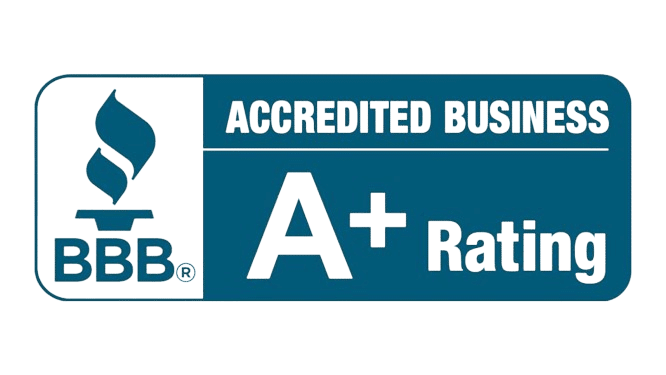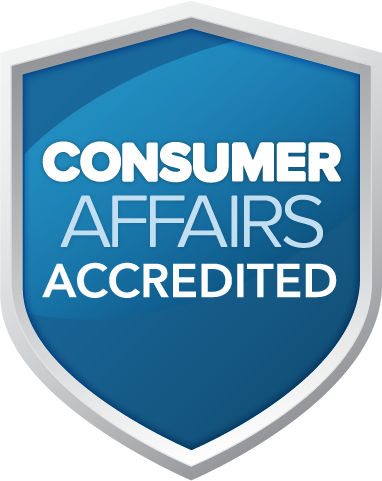Simple Process

Submit Application
No impact to your credit score

Preview Repayment Options
Choose the repayment plan that suits you best

Approval & Funds
Once approved, tuition is sent to your school
Why JG Wentworth?
Why JG Wentworth?
A Legacy of Expertise
More than 30 years of experience in the financial industry
A Trusted Partner
We've connected over 1 million people to financial products
A Renown Brand
Helping customers get cash is what we're known for

Federal student loans are funded by the U.S. government and typically come with fixed interest rates, income-driven repayment plans, and loan forgiveness options. They are usually the first place students should look when borrowing for school.
Private student loans, like those offered by Ascent, are funded by private lenders. They can help cover costs that federal loans don’t, or serve as an option for students who need additional funding. Private loans offer competitive rates, flexible terms, and different repayment options, but do not offer federal protections like loan forgiveness or government-subsidized interest.
Ascent’s private student loans are designed to complement federal loans—not replace them. It’s smart to compare all your financing options before borrowing.

Your borrowing limits depend on the type of loan you’re applying for:
Undergraduate and Graduate Student Loans
Minimum: $2,001*
Maximum Aggregate:
- Up to $200,000 for undergraduate loans
- Up to $400,000 for graduate loans
Maximum per Academic Year: You may borrow up to your school’s certified cost of attendance, within the aggregate limits above.
The Undergraduate Non-Cosigned Outcomes-Based Loan has a maximum of $20,000 per academic year.
*In Massachusetts, the minimum loan amount is $6,001 for residents.
Career Training Loans
Minimum: $2,000**
Maximum: Up to your program's tuition cost, but not exceeding $40,000 total in Ascent career training loans.
- Some programs allow you to borrow additional funds for living expenses. You’ll need to apply for at least $2,000 in tuition to add living expenses.
For exact options based on your school and program, visit your school’s Ascent partnership page. If you need to lower or cancel your loan after applying, Ascent’s team can help.

Yes, Ascent gives you the flexibility to apply with or without a cosigner.
- With a Cosigner: Adding a cosigner, such as a parent or trusted adult, can help you qualify for a loan or potentially secure a lower interest rate, especially if you have limited credit history.
- Without a Cosigner: If you meet certain credit, income, or academic criteria, you may qualify for an Ascent student loan on your own. Ascent offers non-cosigned loans for eligible undergraduate, graduate, and career training students.
You can explore both options when applying to find the best fit for your financial situation.
Featured Personal Loan Articles
Understanding Credit Scores
Explore the nuances of credit scores, delving into factors influencing them and actionable strategies to manage and improve your credit health. This comprehensive guide offers insights for navigating the intricate world of credit scoring effectively.
What is a Personal Loan?
Personal loans, a popular financial tool, offer individuals access to funds with or without collateral. These loans, provided by banks or online lenders, cater to diverse needs like debt consolidation, home improvements, or unexpected expenses and do not require any collateral. Borrowers receive a lump sum and repay in fixed monthly installments over a specified term, typically ranging from one to seven years. Interest rates, based on creditworthiness, can be fixed or variable, impacting the total repayment amount. While they provide financial flexibility, understanding terms, fees, and the impact on credit is crucial for responsible borrowing and effective financial management.
Basics of Credit Inquiry
Credit inquiries, categorized as hard or soft, involve the examination of credit reports. While hard inquiries impact scores, soft inquiries are harmless, offering insights for personal credit monitoring without affecting credit health
Securing Loans Without a Cosigner
If you’ve no credit, a limited credit history, or poor credit, certain lenders may mandate a cosigner for loan applications. Introducing a cosigner with a sound credit history and high credit score could fortify your application, increasing eligibility for specific financing options. However, seeking a cosigner poses drawbacks, and some individuals lack someone willing or eligible to fulfill this role. If you find yourself without a cosigner or if you aim to secure a loan independently, this guide aims to equip you with strategies to achieve this objective.





